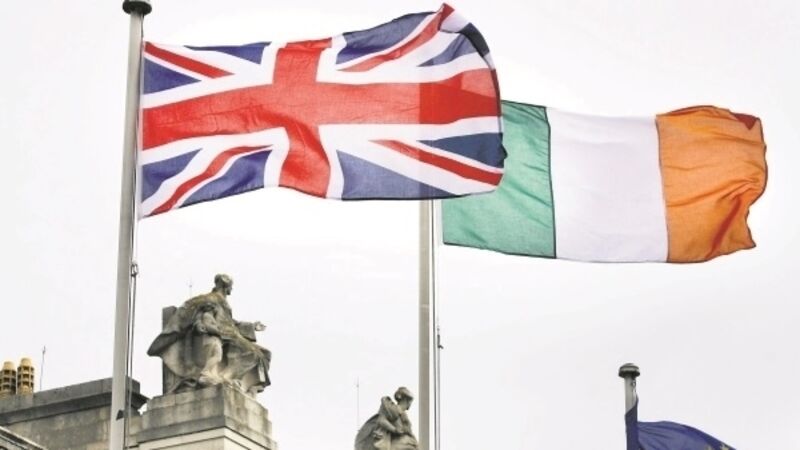Letter to the Editor: Backstop is between UK and EU — not UK / Ireland

Allow me to I put the following points to Daniel McConnell ‘Ireland is too hardline on backstop’, (Irish Examiner, August 3) for his consideration.
a) The issue in question is not one between the UK and Ireland but rather one between the EU and the UK. Whatever the merits of the arguments on either side, holding the appropriate and responsible parties to account is surely a basic requirement of anyone purporting to offer a serious analysis of the situation.











